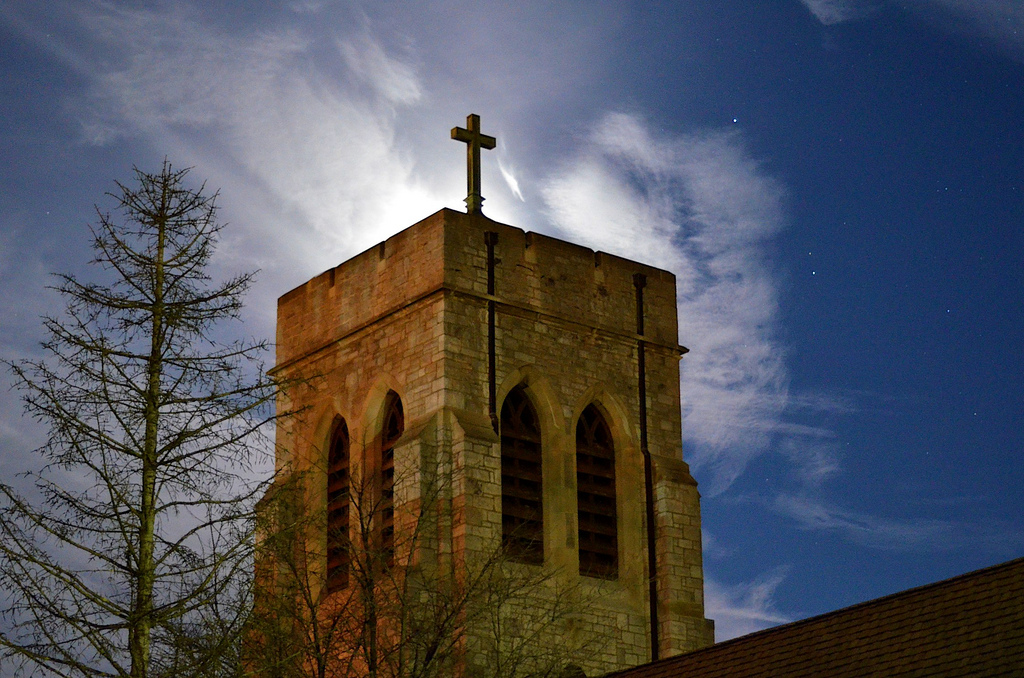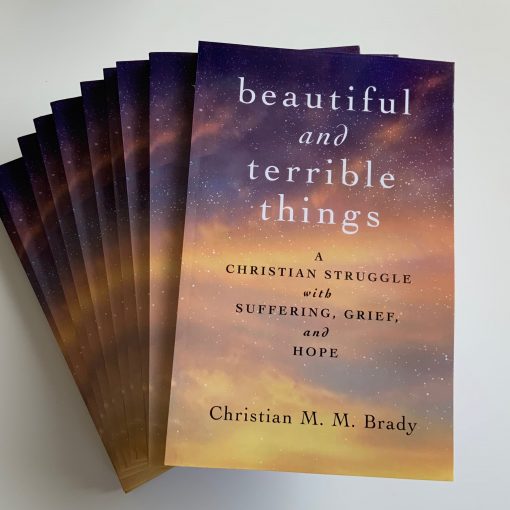
(And in this case, it is the moon.)
I have been following, as many even outside of the religious world or biblioblogosphere have, the coverage of the Episcopal Church General Convention. I have not and will not comment on it. The whole situation with the ECUSA (sorry, TEC), is simply sad beyond words. I will, however, pass along this article. It is an excellent assessment by Ross Douthat of where not just the Episcopal Church but all “liberal Christianity” as a movement is headed.
Can Liberal Christianity Be Saved? – NYTimes.com – A few excerpts, emphasis is mine:
Both religious and secular liberals have been loath to recognize this crisis. Leaders of liberal churches have alternated between a Monty Python-esque “it’s just a flesh wound!” bravado and a weird self-righteousness about their looming extinction. (In a 2005 interview, the Episcopal Church’s presiding bishop explained that her communion’s members valued “the stewardship of the earth” too highly to reproduce themselves.)
Liberal commentators, meanwhile, consistently hail these forms of Christianity as a model for the future without reckoning with their decline. …
But if liberals need to come to terms with these failures, religious conservatives should not be smug about them. The defining idea of liberal Christianity — that faith should spur social reform as well as personal conversion — has been an immensely positive force in our national life. No one should wish for its extinction, or for a world where Christianity becomes the exclusive property of the political right.
What should be wished for, instead, is that liberal Christianity recovers a religious reason for its own existence. As the liberal Protestant scholar Gary Dorrien has pointed out, the Christianity that animated causes such as the Social Gospel and the civil rights movement was much more dogmatic than present-day liberal faith. Its leaders had a “deep grounding in Bible study, family devotions, personal prayer and worship.” They argued for progressive reform in the context of “a personal transcendent God … the divinity of Christ, the need of personal redemption and the importance of Christian missions.”
Today, by contrast, the leaders of the Episcopal Church and similar bodies often don’t seem to be offering anything you can’t already get from a purely secular liberalism. Which suggests that per haps they should pause, amid their frantic renovations, and consider not just what they would change about historic Christianity, but what they would defend and offer uncompromisingly to the world.
Absent such a reconsideration, their fate is nearly certain: they will change, and change, and die.



